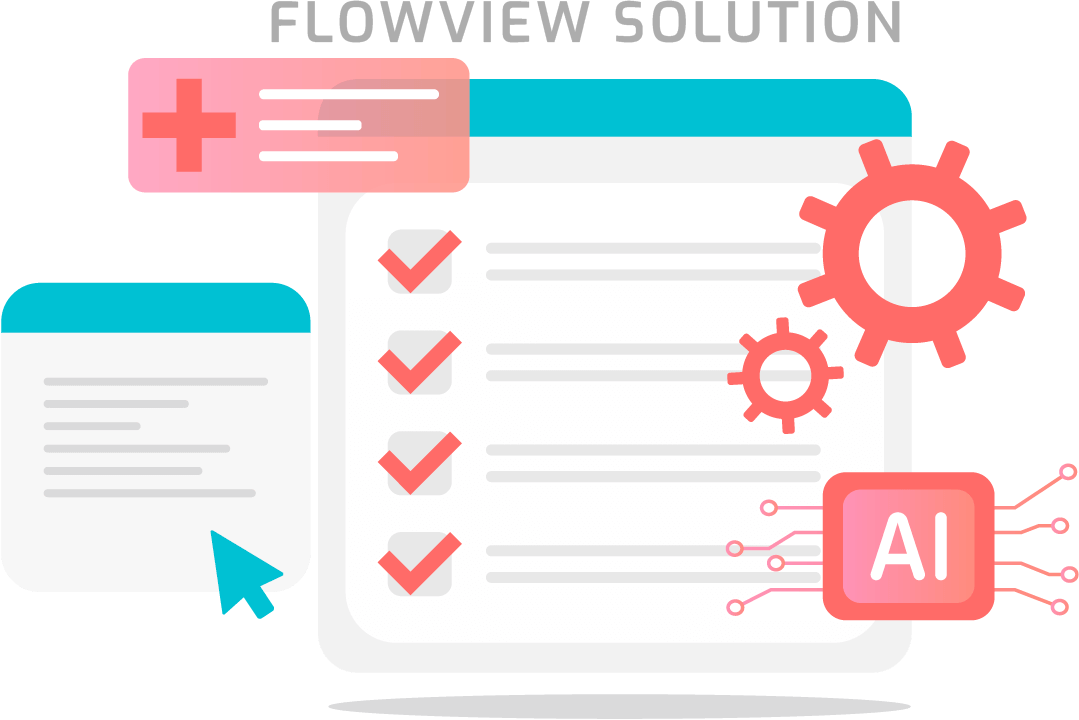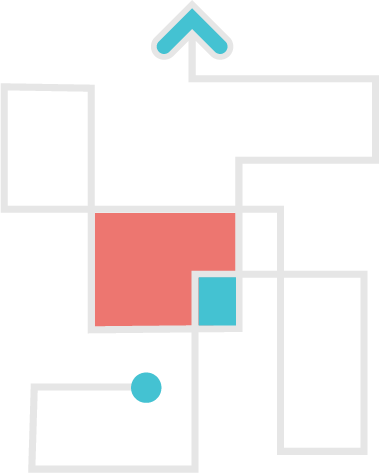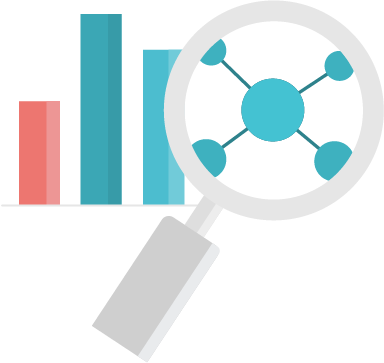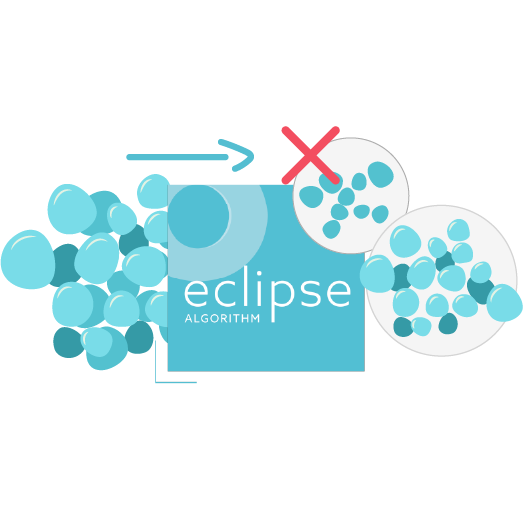FlowView Diagnostics offers a cloud-based software-as-a Service (SaaS) platform – ASUDES.


• pre-processing
• gating
• manual identification of cell populations of interest
• operator dependent
• high dimensionality of data

• multiple markers
• multiple lasers
• manual decision steps
• experienced based job
• human biased and errors

• manual analysis of homogeneous cell population
• subjective but critical to correct findings
• technological evolution FC devices
We are enthusiastic about tech and innovation in flow cytometry. Our goal is to make sense of complicated data in ways that really benefit patients. At the same time, our mission is to cut down on costs. We are making sure that the advances we bring to the table are as affordable as they are effective.
Why FlowView solution?
Asudes uses AI to make sense of complex flow cytometry data. It offers clear insights and advice. It’s all about turning the tricky task of flow cytometry data interpretation into something straightforward. You get the information you need and can make smart decisions easily.
Asudes helps healthcare professionals make smart and informed choices. We make results more consistent which is boosting the quality of care for patients.
Asudes knows that every second counts in healthcare. We cut down on processing time, so care teams can spend more time with patients and less time sorting through data.
For research groups and CROs, Asudes makes it easier to understand data and helps speed up research in many medical areas.


The Eclipse algorithm is all about making big data easy to handle. Built into our Asudes platform, Eclipse works on the massive amounts of data from flow cytometry, picking out just the abnormal cells. This means you get a clean, simple 2D image that shows what’s important, without all the clutter.


We take healthy patient data and run it through Simultaneous Component Analysis (SCA). This gives us a solid Control Model to compare against, a real base for understanding what normal cell behavior looks like.

Next, we take patient blood sample data and lay it over our Control Model. It's like holding up a map to see where things don't line up, providing us with a full picture of what's happening in patients cells.

With the Eclipse algorithm, we search through the data, putting aside the healthy cells. What you are left with is a clear, two-dimensional image showing just the cells we need to focus on.

Principal Component Analysis (PCA) helps us spot and measure the odd cells out and how they relate to each other. It's a bit like detective work, where we are putting together clues to get to the bottom of the mystery.

Finally, we take all that complex analysis and turn it to something you can really use. It's providing clear signals of urgency for medical intervention.